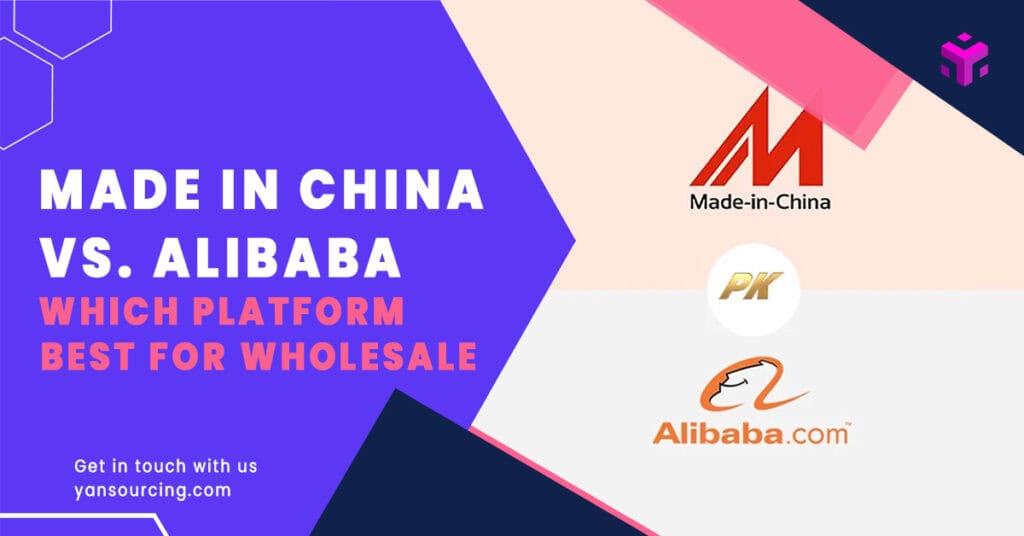
You might feel unsure about choosing between made-in-china vs alibaba for your next big order. If you want a sourcing experience you can trust, made-in-china is often the better choice for business-to-business buyers. Both platforms help you get products from China, but each B2B platform has its own unique benefits.
This guide examines features, performance, and cost so you can select the best sourcing platform for your wholesale needs and succeed in the global market.
Key Takeaways
- Made-in-China checks suppliers well and gives clear business info. This helps buyers feel safe and trust the sellers. It is good for people who want quality and trust.
- Alibaba has many products to choose from. You can order small or big amounts. Shipping is fast. This is good for buyers who want many choices and quick delivery.
- Buyer protection is not the same on both sites. Made-in-China’s Secure Trading Service costs money and has a short time to return items. Alibaba’s Trade Assurance is free and lets you return things for longer. But you must check suppliers carefully.
- Prices and minimum order amounts are different. Made-in-China is better for people who buy a lot at once. Alibaba lets you order small amounts to test and you can talk about prices.
- Yansourcing helps buyers on both sites. They check suppliers, watch quality, and handle shipping. This lowers risks and saves buyers time.
Quick Verdict: Pick Made-in-China or Alibaba Based on Your Needs
Are you having trouble picking made-in-china or alibaba for your next big order? You want a platform that is simple and safe to use. Most business buyers find made-in-china is the better choice.
Pick made-in-china if you want strong supplier checks and easy buying. Choose alibaba if you want lots of products and good shipping for worldwide orders.
Made-in-China
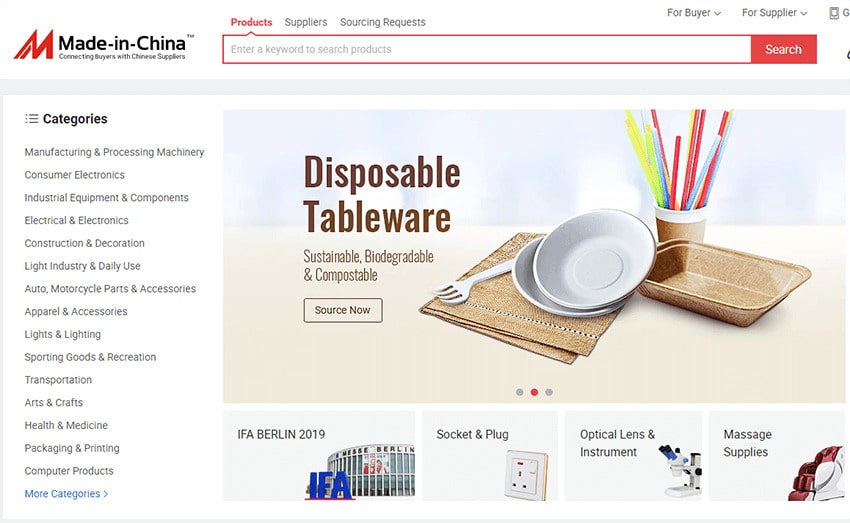
Made-in-china is a b2b platform that links you with trusted Chinese suppliers. It is best for buyers who want safe deals and careful supplier checks. If you care about trust and want to avoid bad deals, this platform is a good fit.
Key Features
Strong supplier checks and audits
Many product categories
Clear supplier profiles
Simple sourcing tools
Focus on business-to-business deals
Pros
High trust because of strict checks
Less chance of scams
Clear product and supplier info
Good for buyers who want quality, not just quantity
Cons
Fewer products than alibaba
Some suppliers want bigger orders
Not as many shipping choices
Alibaba

Alibaba is a huge b2b platform. It connects you with many suppliers and products. If you want lots of choices and strong shipping, this is a good pick. Many buyers use alibaba for its size and smart supply chain.
Key Features
Huge product selection
Strong shipping and logistics
Trade assurance for buyer safety
Many ways to pay and source
Global supplier network
Pros
Lots of products and suppliers
Fast shipping and good logistics
Trade assurance gives extra safety
Great for buyers who want many options
Cons
Supplier quality is not always the same
You need to check suppliers more
Some listings do not have enough details
Tip: Both platforms use customer surveys and feedback to make things better. They use scores like CSAT and NPS to see how happy buyers are and to improve.
Features Comparison: Made-in-China vs Alibaba
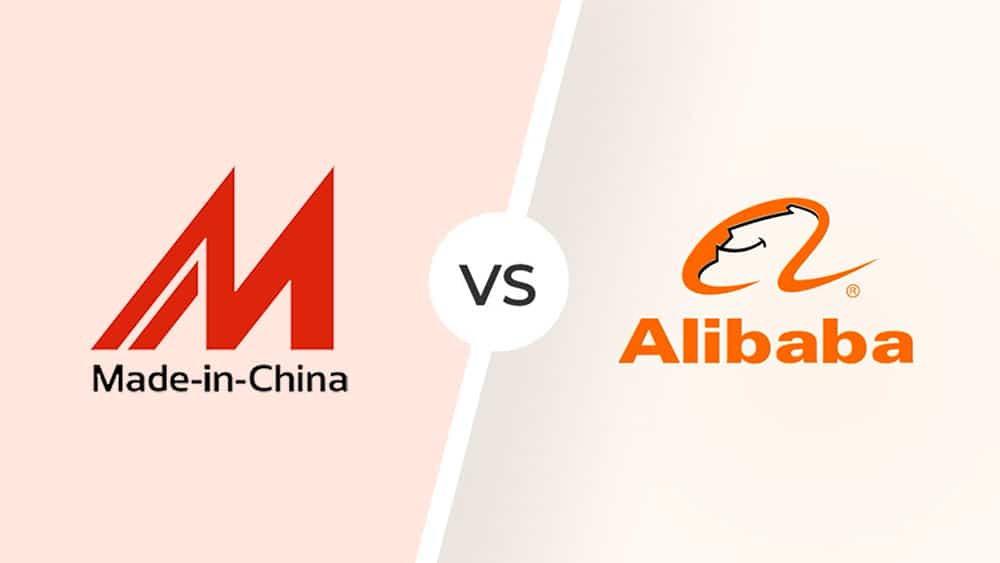
It can be hard to pick between made-in-china and alibaba. You want to avoid scams and get a good deal. Made-in-china is usually safer for buyers. This comparison looks at supplier checks, buyer safety, prices, product choices, how easy the sites are to use, and shipping. You will learn how each platform works. Yansourcing can also help you buy with less worry.
Supplier Verification
You should always check suppliers before buying from china. Made-in-china checks suppliers and manufacturers very carefully. They use strict audits and checks. You can trust their business license and company info. You see clear profiles and know who passed on-site checks.
Alibaba uses SOPI and TrustPass to show supplier info. These tools show sales, service, and business license. Alibaba has more checked suppliers, but their checks are not as strict. You still need to check details if you want the best products.
1688 is another chinese site. It is good for local buying but has fewer checks for buyers outside china. Made-in-china is safer for checking suppliers. Alibaba gives you more choices, but you must do more research.
Tip: Yansourcing finds checked suppliers and does the checks for you. This saves you time and lowers your risk when buying.
Buyer Protection
Buyer protection is important for big orders. Made-in-china has Secure Trading Service, but you need to pay for it. This service keeps your money safe and helps with problems. You only have 7 days to return, so act fast if there is an issue.
Alibaba gives you Trade Assurance for free. This covers product quality and delivery. If something goes wrong, you can file a claim. Alibaba gives you 30 days to return, so you have more time. But Trade Assurance does not cover every risk. Always check the supplier’s history and reviews.
Yansourcing adds more safety. They check goods before shipping and help fix problems with chinese suppliers. This gives you better protection and peace of mind.
Pricing & MOQs
Prices and minimum order quantities (MOQs) are important. Made-in-china has good prices, but many suppliers want you to buy 100 or more. This is good if you want to buy a lot.
Alibaba often has lower prices if you compare many sellers. Some sellers let you buy just one item. This is good for testing products. Alibaba also has “Ready to Ship” and RFQ, so you can find low MOQ sellers.
Here is a table that shows how supplier type changes MOQ and price:
Supplier Type | MOQ Flexibility | Advantages | Disadvantages |
|---|---|---|---|
Manufacturers | High | Lower prices | Not flexible for small orders |
Traders | Medium | Many categories, flexible MOQ | Higher prices, less stable quality |
Agents | High | Saves time, flexible MOQ | Service fees, less price transparency |
You can often talk to suppliers to change MOQs. You can offer to pay more per item. Yansourcing helps you get good prices and find the right suppliers.
Product Range
Alibaba has the biggest product range. There are 36 categories and over 5,900 types. Alibaba sells everything from electronics to home goods. Made-in-china has 27 categories and about 3,800 types. It focuses more on industrial and technical items.
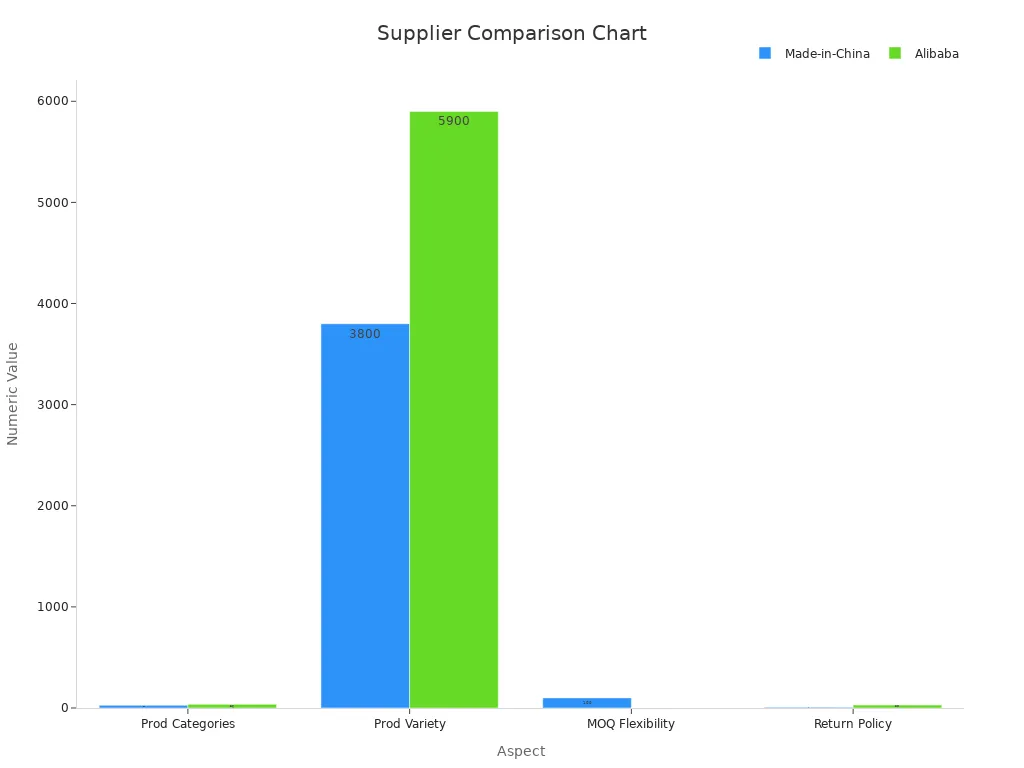
If you want lots of choices, alibaba is the best. Made-in-china is better for special or technical products. Both sites have many options, but alibaba has more for everyday products.
Yansourcing can help you buy from both sites and even from 1688. Their team finds good products, checks quality, and handles the process.
User Experience
User experience can make buying easy or hard. Alibaba feels like a big online mall. The search is fast, filters are smart, and you can chat with sellers. You can read reviews from other buyers.
Made-in-china is simple and focuses on business deals. You get clear supplier info, but not many extra features. There is no review system, so you may need to look on other sites for feedback.
Both sites have safe payment and supplier checks. If you want a fun and easy shopping trip, alibaba is better. If you want a simple, business-only site, made-in-china is good.
Yansourcing helps you use both sites. They help you avoid mistakes and connect with checked suppliers.
Shipping
Shipping is very important when buying. Both made-in-china and alibaba let you talk about shipping with sellers. Alibaba also has its own shipping service. This can make delivery faster and tracking better.
Here are some key shipping facts:
KPI Name | Description | How to Improve |
|---|---|---|
Orders delivered on or before the promised date | Watch performance, improve routes | |
Average Transit Time | How long it takes for goods to reach you | Check carrier speed, cut delays |
Delivery Lead Time | Time from order to delivery | Use tracking, study delivery data |
Delivery Accuracy Rate | Orders delivered with correct items and quantities | Use checks, improve accuracy |
Alibaba usually ships faster and has better tracking, especially for buyers outside china. Made-in-china depends more on the seller’s own shipping. If you want fast and reliable shipping, alibaba is often better.
Yansourcing can handle shipping for you. They offer storage, shipping, and even door-to-door delivery. This makes buying easier and more reliable.
Note: If you want to compare alibaba and 1688, remember 1688 is best for buyers in china and has fewer shipping options for other countries.
Comparison Table: Made-in-China vs Alibaba
It can be hard to choose between made-in-china and alibaba. You want to know which one is safer and easier to use. Most people think made-in-china is safer. This is because it checks suppliers well and shows prices clearly.
Here is a table that compares both platforms side by side:
Feature | Made-in-China | Alibaba |
|---|---|---|
Product Range | Focuses on Chinese suppliers; strong in industrial and technical products | Huge global selection; covers almost every category |
Pricing | Clear and straightforward pricing; less haggling | Competitive pricing due to many suppliers; more room for negotiation |
Buyer Protection | Secure Trading Service (paid); fast but short return window | Trade Assurance (free); longer return window |
MOQs | Higher minimum order quantities; best for bulk buyers | Flexible MOQs; some suppliers allow small test orders |
Shipping | Depends on supplier; fewer built-in options | Built-in shipping services; faster and more reliable for global buyers |
Supplier Verification | Strict audits and factory checks; detailed supplier profiles | “Assessed Supplier” badge; more suppliers but checks can vary |
User Experience | Simple, business-focused interface; easy to find supplier info | Intuitive, feature-rich platform; reviews and smart search tools |
Tip: If you need help with checking suppliers, talking about prices, or shipping, Yansourcing can help you. Their team knows how to find good deals and avoid mistakes.
You can see made-in-china is good for checking suppliers and clear prices. Alibaba has more products and better shipping choices. Pick the one that fits your business best. If you want expert help, Yansourcing can help you use both sites.
Standout Features: What Makes Each One Unique
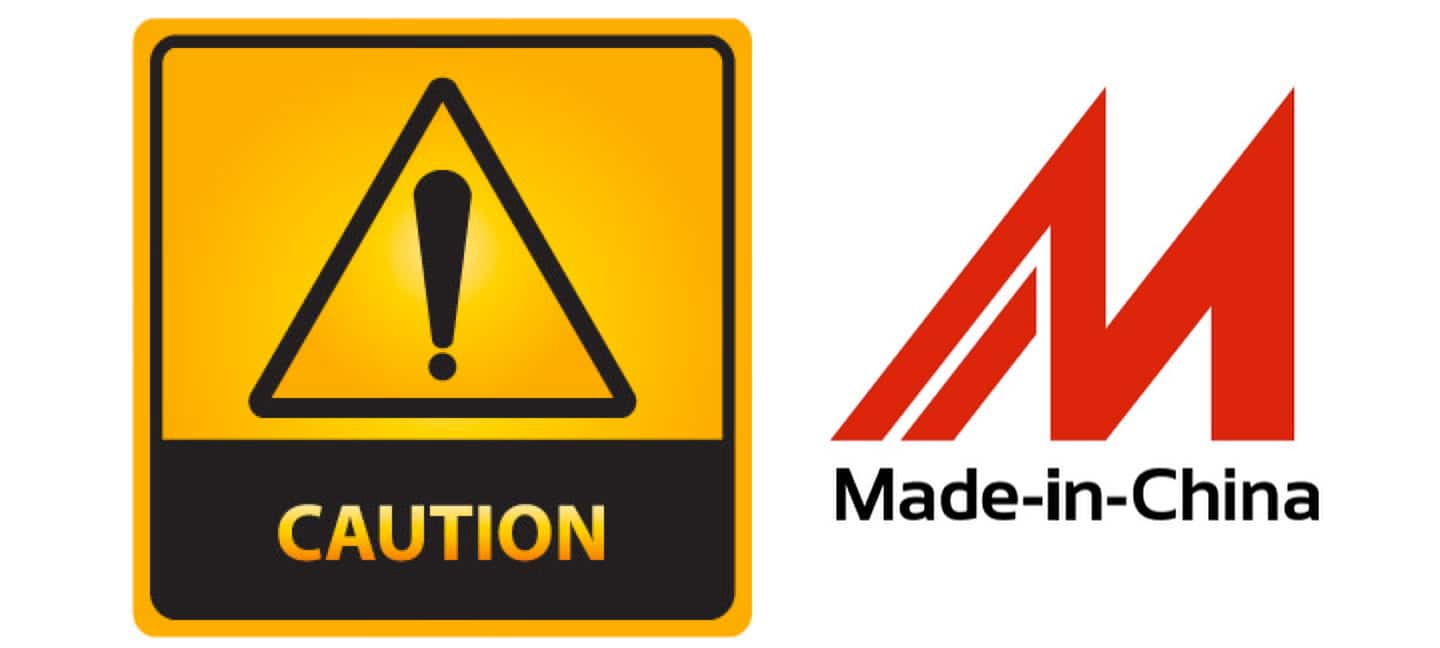
It can be hard to pick between made-in-china vs alibaba. You want good prices and high quality. You also want to know which site is best for your business. Made-in-china is often better if you care about supplier checks and better products.
Made-in-China Shines With:
This platform cares about trust and quality. Made-in-china checks every supplier with strict rules. You see real business licenses and factory details. This helps you stay safe and find good suppliers.
Strict Supplier Verification: All suppliers get checked in person and must show real papers. You can trust the details you see.
Focus on Quality: Made-in-china is best for buyers who want better products and less risk. You get clear product details and supplier info.
Business-Only Platform: The site is made for business buyers. There is less clutter and more focus on real deals.
Easy-to-Use Sourcing Tools: You can sort by supplier type, product quality, and audit results. This saves time and helps you find what you need.
Note: Many buyers say made-in-china makes them feel safe. They like the clear supplier info and the focus on quality, not just lots of products.
Alibaba Excels In:
Alibaba gives you many products and fast shipping. You get more choices and can order small amounts. If you want to try new things or need quick delivery, alibaba is a good pick.
Feature | What You Get with Alibaba |
|---|---|
Product Variety | Many categories and millions of products |
Shipping Options | Built-in shipping, fast delivery, and worldwide reach |
Trade Assurance | Free buyer protection for quality and delivery |
Flexible MOQs | Many suppliers let you order small amounts |
User Experience | Smart search, reviews, and easy chat with suppliers |
Buyers say alibaba’s site loads fast and feels like a big store. You can read reviews, check ratings, and see what others think about products. This helps you make smart choices and find good deals.
Tip: If you want more reviews and better site branding, alibaba’s tools for analytics and user content can help you feel sure and make buying easier.
Final Verdict: Which One Should You Choose?
Choosing between made-in-china vs alibaba can feel overwhelming, especially when you want the best deal and a safe buying experience. Many buyers worry about scams, unclear prices, or slow shipping. If you want a clear answer, made-in-china is usually the better pick for most wholesale buyers.
Overall Winner
When you look at buyer feedback and real-world results, made-in-china stands out as the top choice for most wholesale buyers. Here’s why many buyers prefer it:
Strong supplier checks and clear business info
Focus on quality and safe transactions
Simple, business-focused platform
Fewer scams and more trust
Customer surveys show that buyers value a safe, clean, and reliable shopping experience above all else. Like how Costco wins with shoppers for its value and trust, made-in-china wins for its strong supplier checks and clear deals.
Choose Made-in-China If
You should pick made-in-china if you want a safe, reliable, and business-focused platform. Here’s when it works best:
- You need to verify supplier certifications, like business licenses or ISO 9001.
- You want suppliers who know your country’s safety rules.
- You like clear and direct talks with suppliers.
- You want to compare prices and build long-term deals.
- You care about technical skills, financial health, and factory quality.
Buyers who need strong supplier checks, clear product info, and less risk will feel at home on made-in-china. If you want to avoid scams and get quality goods, this platform is your best pick.
Choose Alibaba If
Alibaba works well if you want lots of product choices, flexible order sizes, and fast shipping. Here’s when you should use it:
You want to test small orders before buying in bulk.
You need a huge range of products, from electronics to home goods.
You value fast shipping and built-in logistics.
You want extra buyer protection with Trade Assurance.
A recent study shows that sellers on alibaba feel satisfied because of its strong service, information, and system quality. The platform uses smart fraud checks and big data to keep your orders safe. If you want a wide selection and modern tools, alibaba is a solid choice.
Tip: If you still feel unsure, try both platforms for small orders. You can see which one fits your business style and needs best.
Yansourcing: Your Sourcing Partner
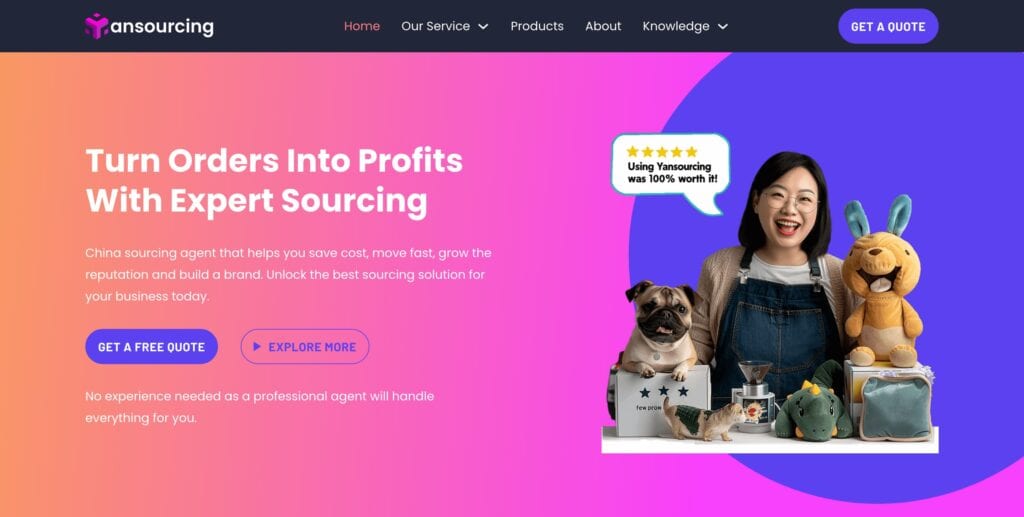
You might feel overwhelmed by the choices on made-in-china vs alibaba. Picking the right supplier, checking quality, and handling shipping can get stressful fast. Most buyers want a partner who makes sourcing simple and safe. Yansourcing stands out as your best pick if you want a smooth experience on made-in-china.
Yansourcing supports you every step of the way. You get help with sourcing, quality control, and logistics. The team checks chinese suppliers for you. You do not have to worry about scams or poor quality. Yansourcing talks to suppliers, checks their factories, and makes sure you get what you order. You save time and avoid costly mistakes.
Need proof? LRG International wanted to create a custom Bluetooth speaker. They faced tough challenges with small order sizes and different packaging for each market. Yansourcing stepped in, found the right chinese suppliers, and managed every detail. The team handled sample approvals, fixed packaging issues, and made sure the quality matched the client’s needs. LRG International launched their product on time and felt happy with the results.
Yansourcing makes sourcing products from made-in-china easy. You get clear answers, fast help, and real results. If you want to grow your business without the stress, Yansourcing is your go-to partner.
Conclusion
Picking between made-in-china and alibaba can seem hard. You should think about what your business needs most. If you want good supplier checks and better quality, made-in-china is a smart pick. If you want lots of products and quick shipping, alibaba is a good choice. Look at this table to see which one fits you best:
Platform | Best For | Key Features |
|---|---|---|
made-in-china | Verified manufacturers, quality | Factory pricing, strict audits, custom production |
alibaba | Global buyers, variety | Trade Assurance, fast shipping, flexible MOQs |
1688 | Local China buyers | Lowest prices, direct factories, agent needed |
You can use supplier matching and analytics tools to help you choose. If you want things to be easier, you can ask Yansourcing for help.
FAQ
1. What is the main difference between made-in-china vs alibaba?
Made-in-china checks suppliers more carefully. Alibaba has more products and faster shipping. If you want safety, made-in-china is better. If you want lots of choices, alibaba is a good pick.
2. Can I buy small quantities on made-in-china or alibaba?
You can buy small amounts on alibaba. Many sellers let you order just a few items. Made-in-china is better for big orders. Always ask about the smallest order you can make.
3. Is it safe to pay suppliers on these platforms?
Both sites have safe ways to pay. Alibaba uses Trade Assurance to protect your money. Made-in-china has Secure Trading Service. Always pay through the platform for extra safety.
4. Which platform is better for new buyers?
Made-in-china is safer for new buyers because of strict checks. You get clear info and less risk. Alibaba is good if you want to try many products or need fast shipping.
5. Can Yansourcing help with made-in-china vs alibaba orders?
Yes! Yansourcing helps you find good suppliers, check quality, and ship your order. They support both made-in-china and alibaba. This makes buying easier and safer.

